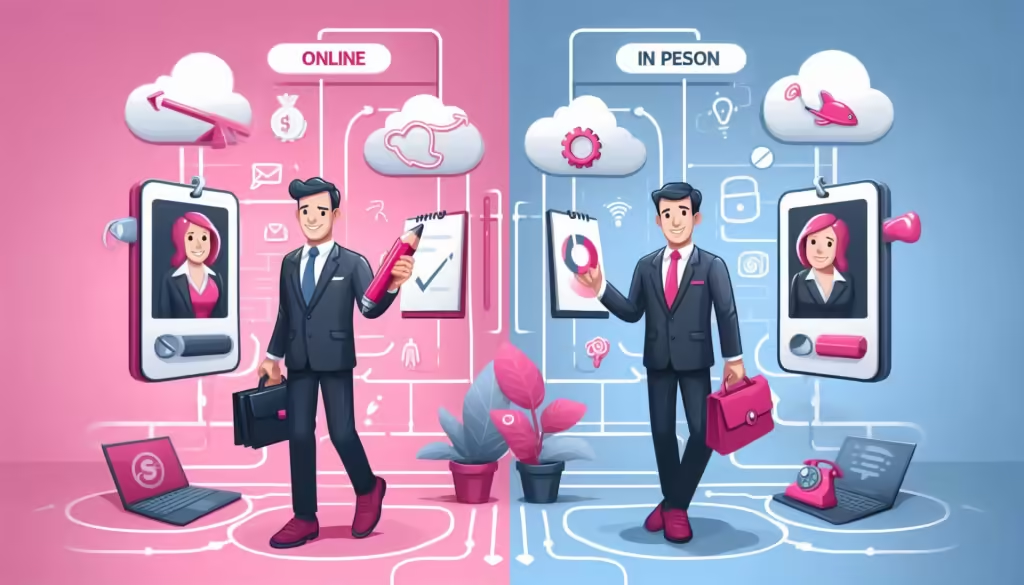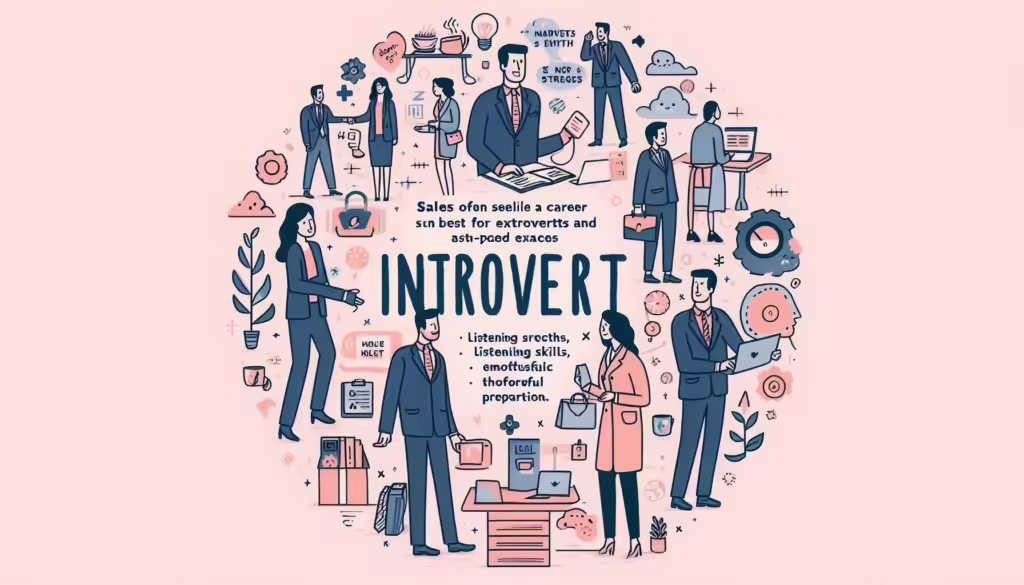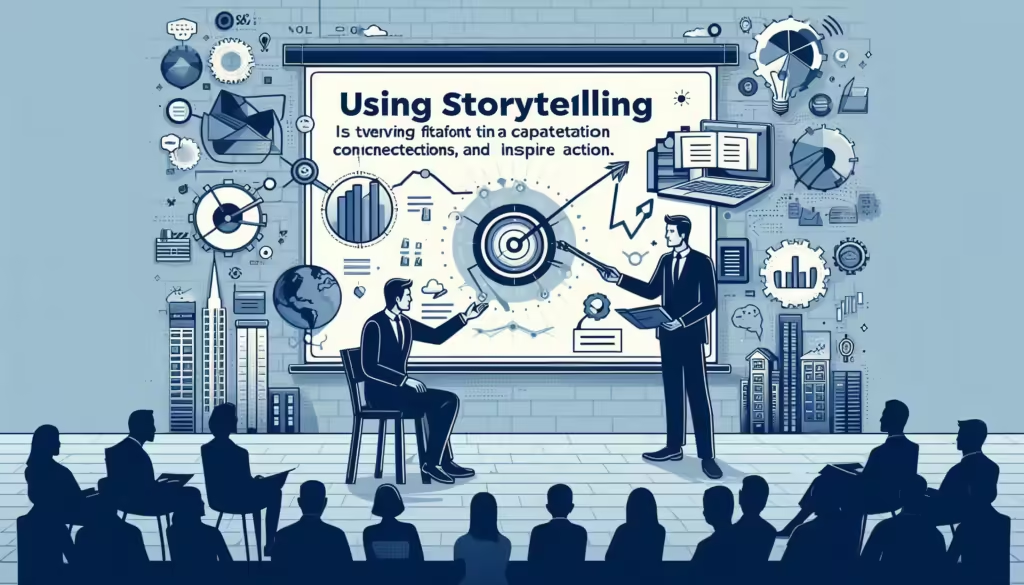Selling to Educated Buyers (11 Points to Know)
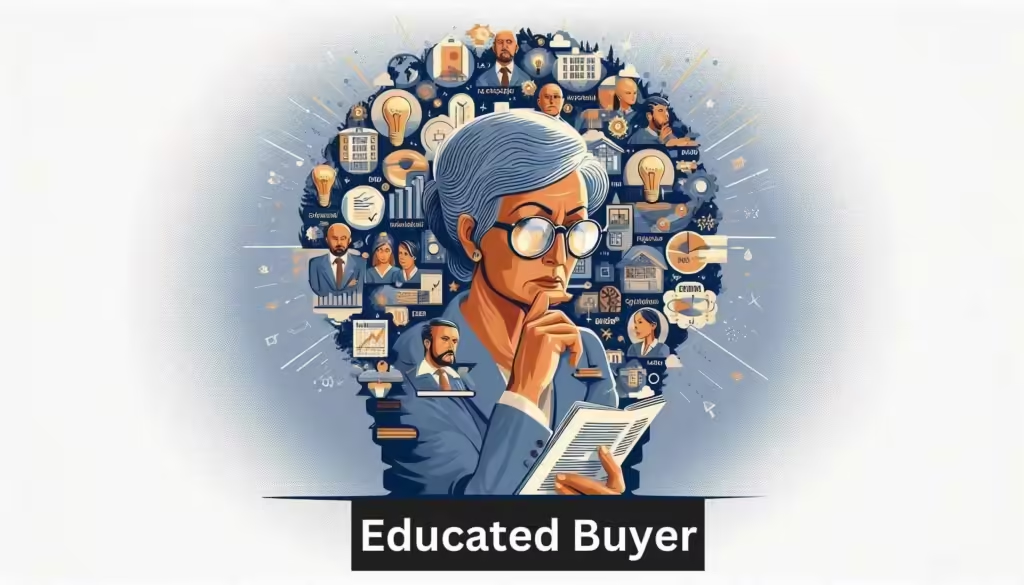
Here’s how to excel at selling to educated buyers with practical tips, examples, and insights from industry leaders.
What Are Educated Buyers?
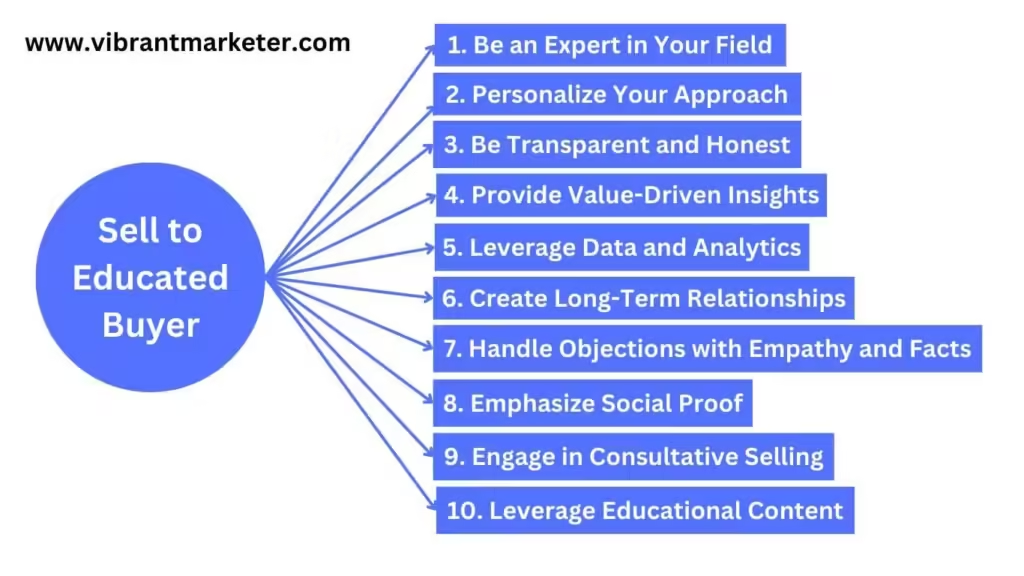
1. Be an Expert in Your Field
What it is:
To connect with educated buyers, you need to establish yourself as a subject matter expert. Your deep understanding of your product, industry trends, and the buyer’s needs positions you as a credible source of information.
Why it’s important:
Educated buyers respect and trust experts. They seek to engage with professionals who can provide insights beyond basic product details. Demonstrating expertise helps build credibility and makes it easier to address buyers’ sophisticated questions and concerns.
How to do it:
- Stay updated on industry trends and innovations.
- Share thought leadership content like blogs, webinars, and reports.
- Engage in industry forums and professional social media platforms.
Example:
Imagine a software sales executive, Priya Sharma, from “TechSimplify Solutions,” who sells AI-driven data analytics tools. She frequently posts articles on LinkedIn explaining AI trends, hosts webinars on how data analytics transform businesses, and participates in panel discussions. This positions her as an industry expert, making her more approachable to educated buyers.
Expert Insight:
“Educated buyers appreciate real value. You need to teach, not just sell.” – John Smith, Chief Marketing Officer at DataVista.
2. Personalize Your Approach
What it is:
Tailoring your sales approach to meet the specific needs and concerns of your buyer is critical. Personalization goes beyond addressing someone by their name—it means understanding their unique pain points and showing how your product or service solves them.
Why it’s important:
Educated buyers expect personalized communication. They have likely encountered generic sales pitches and need to see how your offer aligns with their specific needs.
How to do it:
- Use data-driven insights to customize recommendations.
- Ask questions to understand individual needs.
- You can adapt your product presentation based on your buyer’s preferences.
Example:
A study had been done by Salesforce found that 80% of the customers are more likely to buy when a brand provides them a personalized experiences. Consider a salesperson selling SaaS solutions who uses the buyer’s industry data to demonstrate how similar companies achieved a 20% cost reduction.
Case Study:
XYZ Corporation tailored their pitch for a large financial firm by using data and examples specific to finance, resulting in a $1 million deal.
3. Be Transparent and Honest
What it is:
Transparency involves clearly explaining your product’s strengths, potential limitations, and realistic outcomes. It builds trust and establishes a foundation for an honest relationship with buyers.
Why it’s important:
Educated buyers often scrutinize details. Any misrepresentation can erode trust quickly, leading them to look elsewhere.
How to do it:
- Be upfront about product capabilities and limitations.
- Provide testimonials and case studies that include measurable results.
- Admit when your product isn’t the right fit.
Example:
A sales executive at “GreenSolar Energy” openly explained to a potential customer that their solar panels had longer ROI in colder climates. Instead of losing credibility, the transparency helped gain trust, and the buyer still opted for GreenSolar’s solution for its other advantages.
Expert Insight:
“Transparency is non-negotiable. Customers trust honesty, even if it means pointing out flaws.” – Angela Lee, VP of Sales at EcoInnovate.
4. Provide Value-Driven Insights
What it is:
Educated buyers want more than product details—they seek insights that demonstrate how your offering solves real problems or delivers measurable value.
Why it’s important:
Showing value helps buyers understand the return on their investment and makes them more likely to engage further.
How to do it:
- Share case studies showing measurable results from using your solution.
- Offer free trials or demonstrations.
- Present ROI calculations and industry data to prove your value.
Example:
A tech firm demonstrated its cybersecurity tool’s impact by showing that it reduced data breaches for a similar client by 60% within a year. This value-driven insight immediately resonated with potential customers.
Case Study:
A detailed success story from ABC Industries showed a 30% productivity improvement after implementing a specialized workflow solution.
5. Leverage Data and Analytics
What it is:
Data-driven selling means using data analytics and research to make informed sales pitches that resonate with educated buyers.
Why it’s important:
Educated buyers often rely on data to justify their decisions. Presenting relevant statistics and analytics demonstrates that your product is backed by evidence, making it more compelling.
How to do it:
- Use tools to gather insights on buyer behavior.
- Track engagement to fine-tune your approach.
Example:
If you’re selling marketing software, showing a potential buyer data proving a 50% increase in lead conversion rates for similar customers makes a powerful impact.
Data Point:
According to HubSpot, sales reps using analytics tools improve conversion rates by up to 60%.
6. Create Long-Term Relationships
What it is:
Educated buyers are not looking for a one-time transaction—they value relationships with brands and salespeople who are invested in their success.
Why it’s important:
Building relationships can fosters loyalty, which ultimately leading to repeat sales and referrals.
How to do it:
- Follow up regularly to ensure customer satisfaction.
- Provide after-sales support and educational content.
- Offer exclusive deals and personalized services.
Example:
“SuperTech Gadgets” offers free quarterly consultations to ensure customers maximize their software’s value. This commitment leads to higher renewal rates and customer satisfaction.
7. Handle Objections with Empathy and Facts
What it is:
Educated buyers may have strong objections or concerns. Your role is to listen carefully and respond with empathy, supported by factual data.
Why it’s important:
Handling objections effectively demonstrates respect for the buyer’s perspective and provides reassurance through concrete evidence.
How to do it:
- Actively listen and empathize with their concerns.
- Use data, case studies, and testimonials to address objections.
- Avoid being dismissive; always respond professionally.
Example:
A sales rep at a pharmaceutical company countered objections by sharing peer-reviewed studies proving their product’s efficacy.
8. Emphasize Social Proof
What it is:
Social proof includes customer testimonials, case studies, reviews, industry awards, and endorsements. It demonstrates that your product or service has been successfully used and appreciated by others.
Why it’s important:
Educated buyers often look for evidence that your product delivers as promised. Seeing that others have had a positive experience can help reduce their hesitation and increase trust.
How to do it:
- Share relevant testimonials, focusing on results.
- Highlight case studies that showcase specific benefits and outcomes.
- Display awards or recognitions prominently.
Example:
A company selling eco-friendly cleaning products, “EcoShine,” prominently features case studies of large corporations reducing their carbon footprint by using their products. This reassures educated buyers who care about sustainability.
Case Study:
A tech startup improved customer trust and sales conversion rates by 25% after publishing customer success stories across multiple sectors.
Expert Insight:
“Social proof isn’t just for show—it validates your claims and builds trust faster.” – Sarah Miller, Director of Customer Experience at Trustify.
9. Engage in Consultative Selling
What it is:
Consultative selling focuses on building a relationship with the buyer by acting as an advisor who helps solve their problems. It’s about asking the right questions, understanding their needs, and providing tailored solutions.
Why it’s important:
Educated buyers appreciate sellers who take the time to understand their unique needs and offer tailored advice, rather than just pitching a generic product.
How to do it:
- Ask open-ended questions to uncover challenges and goals.
- Focus on understanding the buyer’s pain points before recommending a solution.
- Provide customized insights and demonstrate how your product solves their specific issues.
Example:
An IT services company approaches each client with a detailed discovery meeting to understand their workflow challenges. They use this knowledge to create customized IT solutions, making their pitch more relevant.
Case Study:
“Consulting Pro,” a B2B consulting firm, grew revenue by 35% in one year by focusing on consultative selling, emphasizing tailored approaches for each client.
Expert Insight:
“Educated buyers need more than a sales pitch—they want a partner who solves their problems.” – Alex Johnson, Senior Sales Consultant at Solutions360.
10. Leverage Educational Content
What it is:
Providing valuable educational content such as whitepapers, how-to guides, webinars, blogs, and infographics positions you as a thought leader. Educated buyers are more likely to engage with sellers who offer educational value.
Why it’s important:
Educated buyers appreciate content that helps them make better decisions. By offering educational materials, you establish trust, credibility, and the perception of expertise.
How to do it:
- Share practical tips, industry insights, and thought leadership pieces.
- Host live Q&A sessions or webinars to engage directly with potential buyers.
Example:
A marketing automation software firm regularly publishes detailed guides on best practices for campaign optimization. This free educational content attracts informed buyers and positions the firm as a thought leader in digital marketing.
Data Point:
Content Marketing Institute found that businesses using educational content see six times more conversions than those without.
Expert Insight:
“Educated buyers will often research on their own. By becoming a resource, you become their go-to source.” – Linda Chang, Chief Content Officer at MarketEdu.
11. Showcase Innovation and Continuous Improvement
What it is:
Educated buyers often appreciate innovative solutions that are continuously improved to meet market demands. Highlighting your commitment to innovation can demonstrate long-term value.
Why it’s important:
Stagnant products don’t appeal to educated buyers. They want to see that you’re investing in research, innovation, and regularly enhancing your offerings.
How to do it:
- Share product updates, improvements, and new features with your audience.
- Discuss how customer feedback is used to drive innovation.
- Provide demonstrations or previews of upcoming developments.
Example:
A cloud storage company introduced a new AI-driven feature that optimizes storage costs for users. Educated buyers appreciated this innovation and recognized its added value, leading to a 20% increase in subscriptions.
Case Study:
“TechGrow Solutions” boosted customer retention rates by 15% after introducing regular product updates, keeping pace with changing customer needs.
Expert Insight:
“Educated buyers look for partners who evolve and adapt with their needs.” – Rachel Turner, Product Innovation Manager at InnovateTech.
Conclusion: Selling to Educated Buyers
FAQs
Educated buyers value credible, knowledgeable sellers. Establishing yourself as an expert earns trust, allows you to provide valuable insights, and helps differentiate your product from competitors.
To personalize your sales approach, understand the buyer’s unique needs through in-depth conversations, use their industry data, and customize your pitch to address their pain points and goals.
Educated buyers scrutinize information and demand honesty. Being transparent about your product’s strengths and limitations builds credibility and fosters trust.
Showcase testimonials, case studies, awards, and user success stories. This demonstrates that others have successfully used your product, providing reassurance and credibility.
Consultative selling involves acting as an advisor who helps the buyer solve problems. Educated buyers appreciate this approach because it focuses on meeting their needs rather than simply selling a product.
Provide valuable resources such as guides, whitepapers, and webinars that address your buyer’s challenges. This positions you as a trusted source of knowledge and solutions.
Data-backed claims and analytics demonstrate the value of your product. Educated buyers rely on facts and statistics to justify their decisions, so offering data-driven insights is crucial.
Listen carefully and empathize with their concerns. Use data, case studies, and relevant examples to address objections, and be prepared to have thoughtful, fact-based discussions.
Share this post

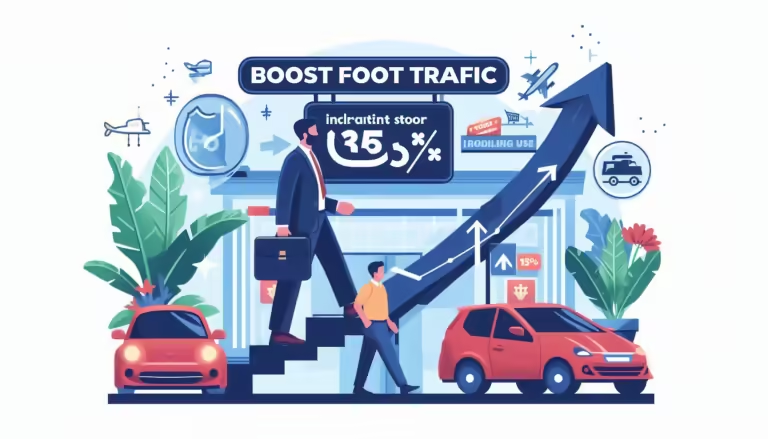


Chiranjeev Jaiswal
Chiranjeev Jaiswal (M.B.A. and P.G.D.M.in Marketing from IM-BHU) launched "Vibrant Marketer" out of a deep passion for all things marketing. After years of working in the industry, he realized that marketing success isn’t about following the same playbook—it’s about staying ahead of the curve and thinking outside the box.









